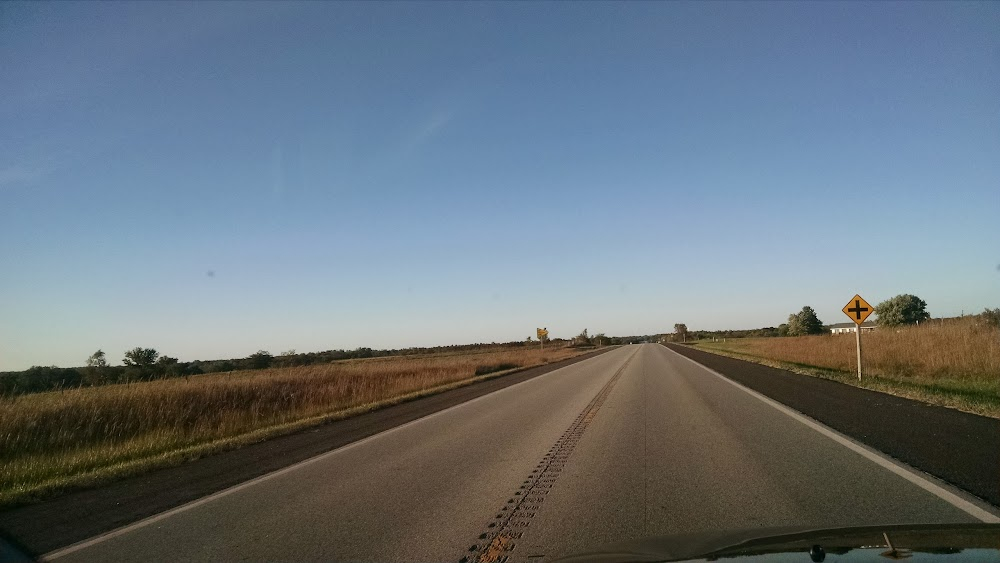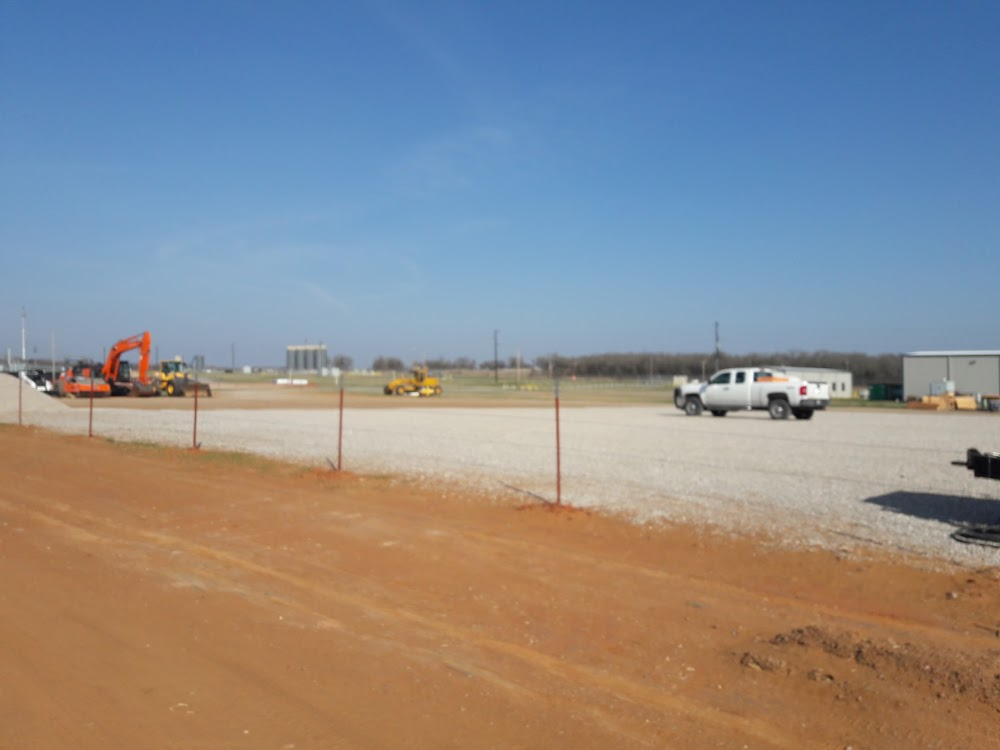The Case Against the 20% Federal Admissions Tax on Motion Picture Theatres Filming Locations

Where was The Case Against the 20% Federal Admissions Tax on Motion Picture Theatres filmed? The Case Against the 20% Federal Admissions Tax on Motion Picture Theatres was filmed in 5 locations across United States in the following places:
The Case Against the 20% Federal Admissions Tax on Motion Picture Theatres Filming Locations
Flat Rock is a city in Wayne County, Michigan, United States, with a small portion of the city extending into Monroe County. At the 2020 census, the population was 10,541.
Lindsay is a city in Garvin County, Oklahoma, United States. The population was 2,840 at the 2010 census. It once promoted itself as "The Broomcorn Capital of the World" but no longer uses that slogan, as broomcorn is no longer raised in the area.
Oklahoma City is the capital of the U.S. state of Oklahoma. It's known for its cowboy culture and capitol complex, surrounded by working oil wells. The reflecting pool and empty glass and bronze chairs of the Oklahoma City National Memorial recall the victims of the 1995 bombing of the Alfred P. Murrah Federal Building. The Survivor Tree, an American elm nearly destroyed in the attack, is also part of the memorial.
Terrell is a city in the U.S. state of Texas, located in Kaufman County. As of the 2020 census, its population was 17,465. Terrell is located about 32 miles east of Dallas.
The Case Against the 20% Federal Admissions Tax on Motion Picture Theatres (1953)
"The Entire Motion Picture Industry Presents" this film. At the time this film was made, motion picture theaters were required to pay a 20% tax on gross ticket sales, and Congress was debating lowering this tax (as well as others) in a bill being considered by a Congressional committee. This film, which was made especially to be shown to members of the committee, sets forth the motion picture industry's case for reducing, if not eliminating, the tax. It presents statistics regarding the closing of theaters in general (approximately 4500 US theaters, or about 25%, from 1946 through 1952), and the number of theaters that have closed in each committee member's state. These closings have caused a steady decline of revenues. Additionally, theater owners in various midwestern cities tell how this tax has adversely affected their businesses. In the small town of Holton, Kansas, merchants state that the closed movie theater was the city's main entertainment center. Without it to draw people into the city, business has fallen greatly. In closing, a spokesman states that the industry is not asking for special favors, but wants to be treated the same as any other industry when it comes to taxes.


